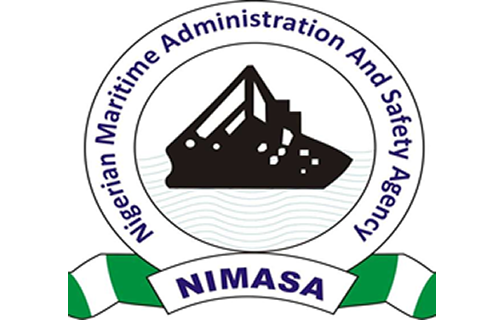Dr. Piriye Kiyaramo, a former Senior Special Assistant to the Bayelsa State Governor on Tourism, has issued a compelling call to Dr. Bashir Jamoh, the Director-General of the Nigerian Maritime Administration and Safety Agency (NIMASA), urging him to expedite the development of the proposed Maritime Skills Acquisition Centre in Bayelsa State. Kiyaramo’s appeal underscores the transformative potential of this facility, particularly in bolstering blue tourism—a burgeoning sector focused on sustainable and responsible utilization of marine and coastal resources for tourism and recreation—within the state. He emphasizes the centre’s capacity to not only stimulate economic growth and create employment opportunities but also to promote environmentally conscious tourism practices and engage local communities in the preservation of Bayelsa’s rich maritime heritage.
Kiyaramo’s argument centers on the multifaceted benefits that the Maritime Skills Acquisition Centre can bring to Bayelsa State. He envisions the facility as a catalyst for socioeconomic development, particularly within the context of blue tourism. The centre, he asserts, will provide much-needed training and skills development for local communities, empowering them to participate actively in the burgeoning blue economy. This, in turn, will generate employment opportunities, improve livelihoods, and contribute to the overall economic prosperity of the state. Beyond the immediate economic impacts, Kiyaramo highlights the centre’s potential to foster sustainable tourism practices, ensuring the long-term health and viability of Bayelsa’s coastal and marine ecosystems.
The proposed centre aligns perfectly with NIMASA’s broader strategic objective of establishing skill acquisition centres across Nigeria’s six geopolitical zones. This national initiative reflects a growing recognition of the importance of human capital development within the maritime sector. By providing targeted training programs, these centres aim to equip individuals with the necessary skills and knowledge to thrive in various maritime-related industries. In the specific case of Bayelsa State, Kiyaramo points out that the facility will play a crucial role in unlocking the state’s vast, yet largely untapped, maritime potential. As a state with an extensive coastline and a rich maritime heritage, Bayelsa stands to benefit significantly from the development of a skilled workforce capable of harnessing its marine resources responsibly and sustainably.
Kiyaramo’s statement further emphasizes the centre’s potential to promote community engagement and participation. He envisions the facility as a hub for cultural exchange and preservation, where local communities can share their traditional knowledge and practices related to the maritime domain. This interaction will not only enrich the tourism experience but also contribute to the preservation of Bayelsa’s unique cultural heritage. Furthermore, the centre’s focus on sustainable tourism practices will foster environmental awareness and responsibility within local communities, ensuring the long-term protection of the state’s precious coastal and marine resources.
The call for expedited development of the Maritime Skills Acquisition Centre is particularly pertinent given the challenges facing Bayelsa State. As a predominantly maritime state, its economy is heavily reliant on the sustainable utilization of its marine resources. However, a lack of skilled manpower has hampered the state’s ability to fully capitalize on its maritime potential. The establishment of the skills acquisition centre will address this critical gap, providing the necessary training and education to empower local communities to participate actively in the blue economy. This, in turn, will stimulate economic growth, create employment opportunities, and improve the overall socio-economic well-being of the state.
In his concluding remarks, Kiyaramo reiterates the transformative potential of the oceans, emphasizing their capacity to hold solutions to many of the challenges facing land-based communities. He argues that the maritime sector, with its vast resources and opportunities, offers a pathway towards sustainable development and economic prosperity. By investing in the Maritime Skills Acquisition Centre, Bayelsa State can unlock the immense potential of its maritime domain, creating a more prosperous and resilient future for its citizens. The centre’s focus on blue tourism, sustainable practices, and community engagement promises a holistic approach to development, ensuring that the benefits of the blue economy are shared equitably and that the state’s rich maritime heritage is preserved for future generations.














